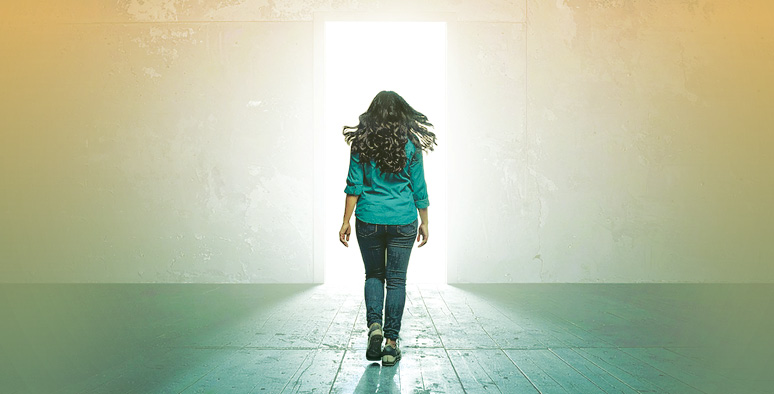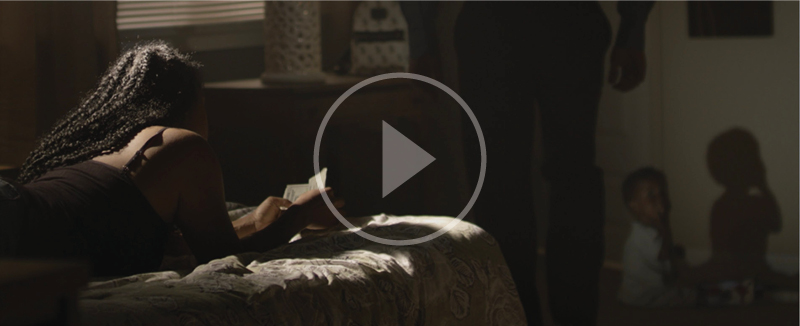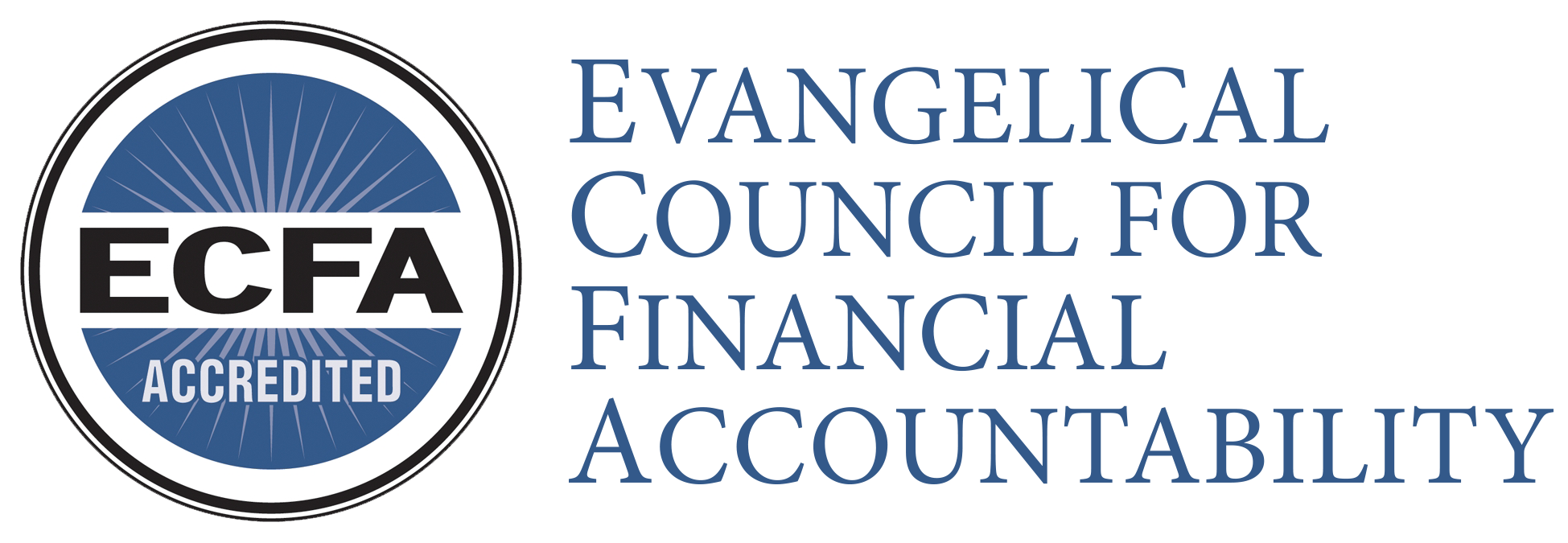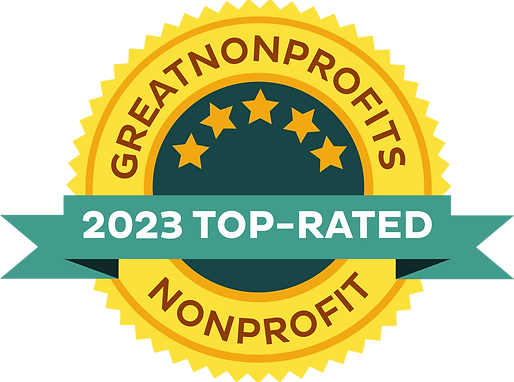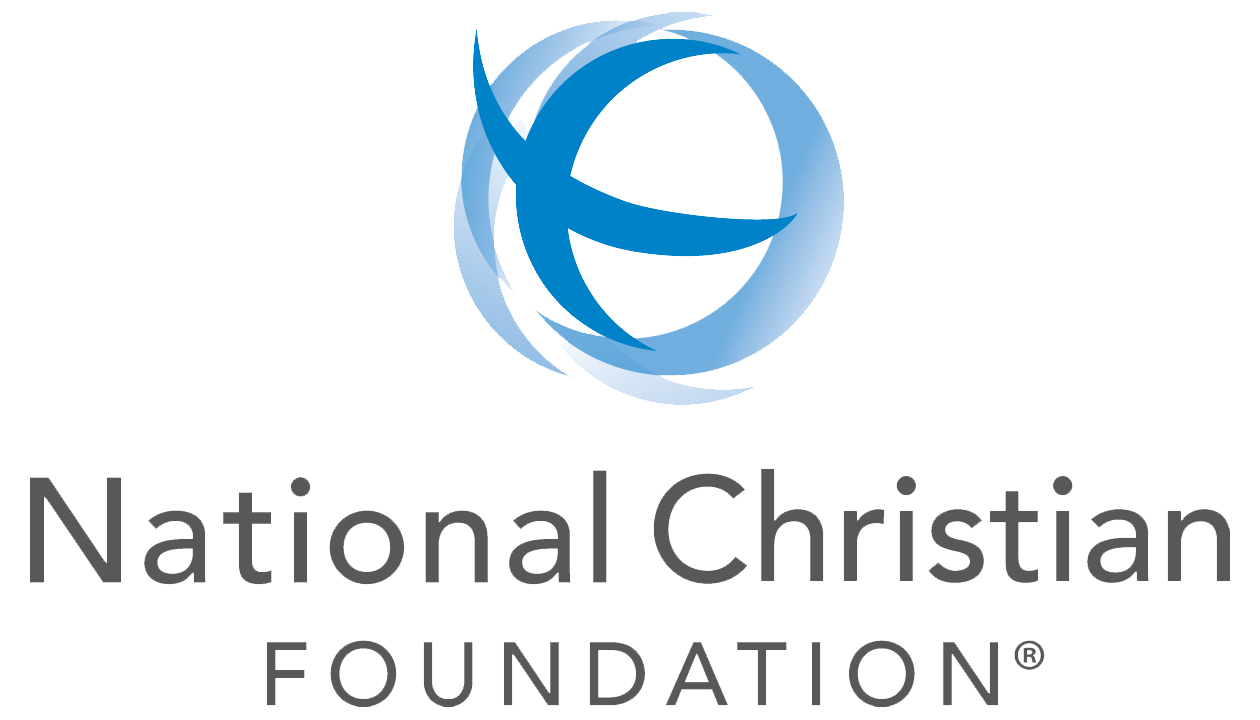
History
2007
The Institute of Shelter Care was founded as The Samaritan Women in 2007, when one woman was so moved by the stories and circumstances of women on the street, that she felt called to do something. This holy discontent led her to give up a lucrative career, sell her company and deplete her savings to purchase an abandoned 23-acre estate in Baltimore, Maryland. From this place she inspired others to take action. Over the next four years, hundreds of volunteers, churches, and companies would give countless hours to reclaiming the land for an urban farming enterprise, restoring a Colonial home to serve as our administrative offices, and renovating an 1883 Victorian mansion to establish Maryland’s first long-term residential program for victims of domestic human trafficking.
2009
The Samaritan Women formally launched its anti-trafficking awareness work under the Maryland Rescue and Restore Coalition. A citizen-led effort, the Coalition advanced public awareness across the state, with specific focus on schools, congregations, and civic leaders. During its tenure, the Maryland Rescue and Restore Coalition helped to host awareness rallies at 11 college campuses, sponsored trainings for medical, law enforcement, and business professionals, we were the first in the State to host FAAST’s Hands that Heal training, and JRI’s My Life My Choice training for area professionals. We participated in advocating for legislative change, and have inspired the creation of several county-level anti-trafficking task forces.
2011
The Samaritan Women formally opened our long-term residential facility with a grand ribbon-cutting ceremony. This home offers a capacity of up to 14 survivors. Here we provide comprehensive care for women with complex trauma as the result of childhood sexual abuse, fatherlessness, poverty, neglect, substance abuse, and the relentless torture of having been sold in the commercial sex industry. Our healing program is survivor-centered and trauma-informed in a loving, Christ-centered environment. We invest in them through therapeutic care, self-care, relational and life skills, spiritual formation, academic achievement, and vocational training.
2015
We were blessed with a generous gift from a local philanthropist, which allowed The Samaritan Women to acquire our second facility. This undisclosed location helped us expand our Continuum of Care model by providing a dedicated environment for our first phase of healing, and also increased our staffing by several new hires. This Assessment Program house has a capacity of 6 beds and a 90-120 day length of stay. Following successful completion of this phase of our program, a woman moves to our Baltimore location. In 2016 we relocated this first phase to an alternative location.
2016
More Blessings! More women serviced! We celebrated five graduations this year. A Boston-based philanthropist was inspired by our work and funded the acquisition of our third home. This home completes our Continuum of Care model by expanding our work to include a Graduate Program. Here, women who have completed the Restorative program can continue their healing and their relationship with college, employment, and The Samaritan Women family for up to two more years.
We hosted a national conference of residential service providers and a local conference for our church partners. We published a national report on funding needs and co-authored a report with D.O.J.
We increased in Operations as well. Three loyal staff were promoted into new positions (Deputy Executive Director, Director of Survivor Services, and Director of Spiritual Care), and we welcomed several new staff and volunteers into our number.
2017
God is so faithful! In 2017 we celebrated our FIRST DECADE of ABOLITION, giving the Lord all the glory for the healing and growth that has happened in this place. TSW established a schoolhouse on the property and the first national “Practices” survey report was released, representing the cumulative response of nearly 60 programs across the United States providing residential care to victims of domestic human trafficking. The report offered a state-of-the-industry baseline against which agencies could gauge their work and aspiring agencies could direct their efforts. A training video for Rotary International was scripted and developed to help equip their membership in human trafficking awareness training.
2018
A notable year, full of indicators that The Samaritan Women is positioned for significant growth and change in the years ahead. We continued our work, welcoming 16 new survivors into the program; launching and operating a successful baking enterprise that employs 60% of our residents; hosting over 5,400 volunteer hours on our campus and; training 3,560 persons in the community on human trafficking awareness. We mentored six start-up shelter programs and launched the Alliance Referral System (ARS) – a system to expedite placement of trafficking survivors to any qualified program in the country. In October we announced our biggest initiative yet: The Institute for Shelter Care. We believe the Lord is calling us to become a multiplier, to build up care services for those who have been abused, exploited, and enslaved.
2019
We entered 2019 with great excitement and expectation for what God had planned. TSW developed and piloted The Shepherd Project, a yearlong education and equipping program to invite the Church into conversations about Sex trafficking, Child abuse, Pornography, and Sexual assault. After much prayer and Godly counsel, we began phasing-down our residential program to begin the Institute for Shelter Care. The program was piloted in 2019 as a one-year intensive training and two-year mentorship program in the basics of starting a shelter from the ground up. Our vision is that any survivor, anywhere in the nation, would have access to qualified, compassionate care. The first step toward this goal began when TSW hosted our first shelter mentorship cohort – 4 start-up agencies from MD, PA, VA, and IA to pilot test our curriculum and training for startup shelters.
2020
In 2020 we were honored when Jeanne Allert our Executive Director was invited to the White House for the announcement of the establishment of The Domestic Trafficking Office. A pandemic and lockdowns inspired The Samaritan Women to be more creative about how to move our message. We migrated our trainings to online and saw a three-fold increase in participation. The Samaritan Women secured a Learning Management System, migrated The Institute for Shelter Care trainings to this platform and built up our online resources. We hosted a Yard Graduation for a resident who got her college degree, established the John McKenna Legacy Fund, and hosted the first Christian Abolitionists Shelter Leaders’ Retreat in KY bringing together shelter leaders from 20 faith-based organizations located across the country.
2021
In January of 2021 TSW launched a national campaign to “Light the Darkness” and raise awareness of the lack of services available to survivors. The campaign culminated with a live 4-hour simulcast on January 27th that featured shelters from across the country and special messages from survivors, advocates, and musical guests. March of 2021 The Samaritan Women welcomed six new mentees into The Shelter Mentorship Program all with varying degrees of experience and diverse backgrounds. Three existing shelters also joined the 2021 cohort of Mentees. All three organizations are established shelters, uniquely positioned to enter the Mentorship program. The mentorship program is for new and existing shelters, to increase their stability and effectiveness.
2022
The Samaritan Women has rebranded as The Institute for Shelter Care and moved its headquarters from Maryland to Kentucky. The Institute for Shelter Care continues to focus on equipping shelter programs serving victims of sexual exploitation and conduct national research to improve our nation’s response to victim care.
